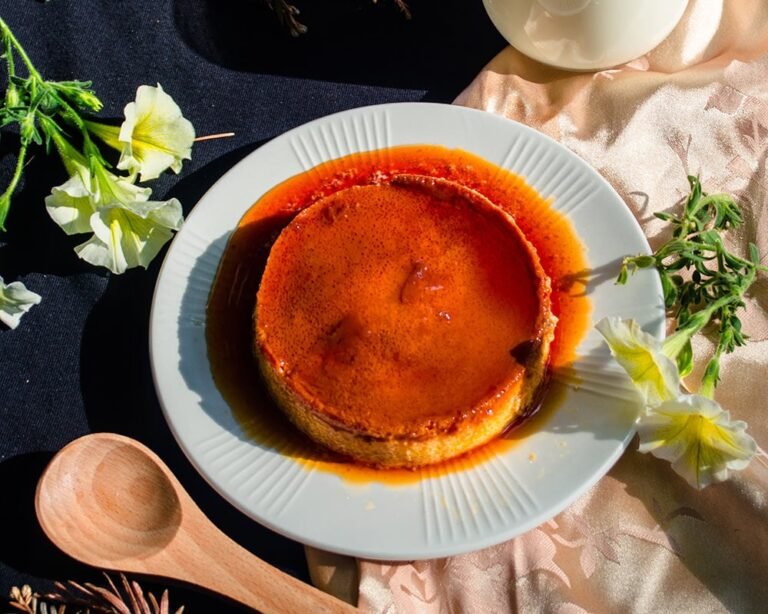le roi n’est pas son cousin
The French expression “le roi n’est pas son cousin” translates literally as “the king is not his cousin.” What it really means is “he is happier than a king,” or “he is almost as happy as a king,” depending on your interpretation.
This saying can be understood in one of two ways. Firstly, it can mean that one is so happy that even a king is unworthy of being a close relative. Or secondly, it can mean that being a mere cousin of the king is not enough, but rather one feels like a brother or sister of the king, because one is so close to the level of happiness that only a king can feel.
This term is used to describe, for example, a father at the birth of his first child, or the winner of a competition, since both lead to extreme happiness and pride.
This idiom was originally “the king is not his friend” at the end of the 16th century. By the end of the 17th century, the saying had morphed into “the king is not his cousin.”
The nearest English equivalent expressions include “he’s as happy as Larry,” and “to be proud as a peacock.”






